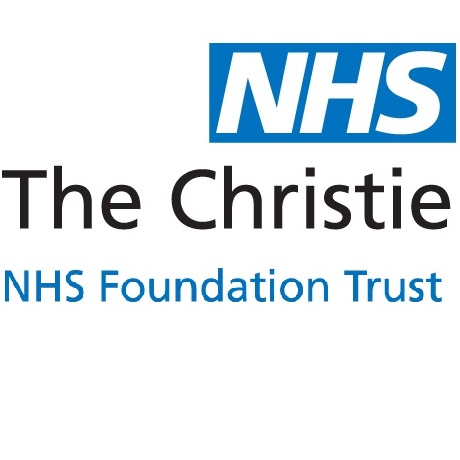Research Stages
Research Stage One - What Works?
We will bring together previous studies of self-management programmes for chronic conditions.
For each programme we will describe what was involved, how they were delivered and by whom, as well as identify what particular elements of a programme led to better outcomes.
Conducting this review will give us a clearer idea of how supported-self management programmes have been effective in the past. This will help inform the development of a programme for people living with a brain tumour, going forward.
Research Stage Two - What do People Think?
We will conduct three sets of interviews with: adults living with a brain tumour; family-members or close friends involved in supporting adults living with a brain tumour; healthcare professionals involved in the care and support of adult brain tumour patients.
Each interview set will cover various aspects of living with a brain tumour from different perspectives to identify support needs and understand the factors influencing self-management, as well as what might help the patient better self-manage.
Alongside findings from Research Stage One, this will help inform the development of a supported self-management programme by ensuring the information and support that it delivers, captures the issues faced by people living with a brain tumour.
For more information on what is involved in this research stage, see the information booklets on the Project Resources page.
Research Stage Three - Solving the Problem
To design the self-management programme, we will conduct discussion groups with people with brain tumours, family and friends, and healthcare professionals.
We will share findings from the interviews with suggestions on how the support programme might be designed. Individuals will get the opportunity through a discussion group, or survey, to give their opinion and thoughts on all aspects of programme design, including its content, where, when, and how it should be delivered. Subsequent discussion groups will discuss the feedback generated from initial groups and the survey to develop the ideas further.
Ultimately, the self-management programme will encourage people living with a brain tumour to find out more about their condition, learn new skills and tools to help manage their health, and take charge of their healthcare, choosing what is right for them. It may also help them work in partnership with their healthcare team. On top of the information made available by charities such as those detailed in the 'Support' page, this programme aims to help people with brain tumours make informed choices about what services and support they want and need.






